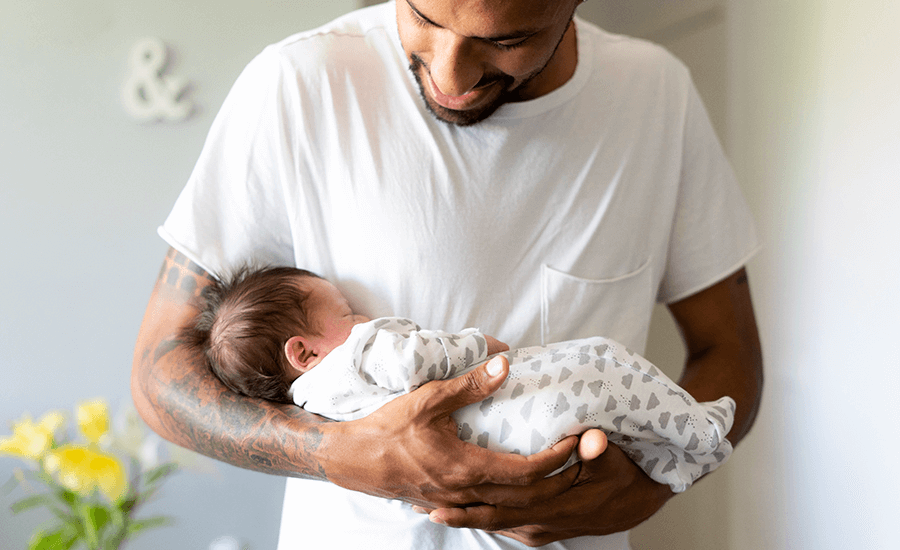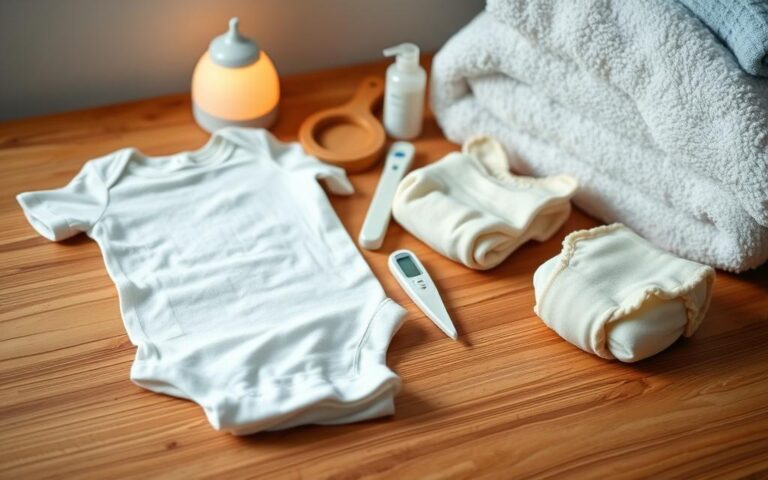Common Questions About Life with a Newborn

Bringing your newborn home is a time filled with excitement and exhaustion. As first-time parents, it’s completely natural to have numerous questions about your baby’s needs, from whether it’s okay to watch TV with your newborn in the room (it is) to how to handle visiting family and friends (ensure they’re up to date on vaccinations). Below, we address common questions new parents have, but always consult your baby’s doctor for any health concerns.
Navigating the Early Days with Your Newborn
The initial days and weeks at home with your newborn can be a whirlwind. Every little challenge, from dressing your wiggly baby to interpreting the various colors of baby poop, can feel daunting. Rest assured, your concerns are valid, and even seemingly small questions show that you’re attentive and doing great as a new parent. Here are answers to some frequently asked questions to help ease your mind.
Should My House Be Quiet While My Baby Sleeps?
You don’t need to maintain total silence while your baby sleeps. Many newborns can sleep through a variety of noises, and some even sleep better with background noise, like the hum of household appliances. To help your baby differentiate between day and night, keep lights and noise levels higher during the day and more subdued at night. A sound machine can also help drown out sudden noises.
Also read: When Can I Take My Baby Outside?
Is It Okay to Watch TV with My Newborn in the Room?
Yes, watching TV while holding a sleeping baby or breastfeeding is generally fine and can provide you with some much-needed downtime. However, be mindful of direct screen time, as the American Academy of Pediatrics advises against any screen time for children under 18 months, except for video chatting with family. If watching TV at night, keep the volume low and the room dim to create a restful environment.
Is Loud Music Harmful to Babies?
Playing music around your baby is fine as long as the volume is kept at a safe level. Experts recommend keeping noise levels below 60 to 65 decibels, roughly the level of a normal conversation, to protect your baby’s hearing. While your newborn might not react to music yet, it’s a great way to introduce them to different sounds.
Should I Give My Baby a Pacifier?
The decision to give your baby a pacifier is personal. Some parents worry about dependency, but pacifiers can reduce the risk of SIDS (sudden infant death syndrome). If you’re breastfeeding, the American Academy of Pediatrics recommends waiting until breastfeeding is well established, around one month, before introducing a pacifier. Choose a pacifier with a soft nipple suitable for a newborn and offer it between or after feedings to avoid delaying meals.
How Can I Shower with a Newborn at Home?
If you need a shower and are alone, it’s okay to leave your baby in a safe place. Some parents use a bouncy seat in the bathroom or wait until the baby is napping in a crib and keep a monitor nearby. While it may not be the most relaxing shower, it’s important for your well-being. As your baby grows, bypass the bathroom and use safety gates to keep them secure.
How Should I Handle Visitors Who Want to See the Baby?
Managing visitors can be overwhelming. Set clear guidelines: ask visitors to stay away if they’re sick, wash their hands upon arrival, and consider wearing masks and being up to date on vaccinations. Babies are most vulnerable to infections in the first 4 to 6 weeks, so visit numbers should be limited during this period. Share your baby’s arrival with a wider circle through social media, texts, emails, or traditional birth announcements. To prevent unscheduled visits, place a note on your door asking visitors not to disturb you if the baby is napping.
Debunking Newborn Myths
- Menstrual Cycle Myths: There’s no harm in someone holding your newborn while on their period. This is a myth with no medical basis.
- Vision at Birth: Newborns can see faces, shapes, and light. Their vision is functional up to about 12 inches and continues to develop over time.
- Spoiling a Baby: Holding your baby often is beneficial. It fosters bonding and security, which is crucial in the early weeks and months.
- Rice Cereal for Sleep: Rice cereal does not help babies sleep through the night and isn’t necessary. Introducing solids too early can disrupt digestion and sleep patterns.
These insights aim to make your journey into parenthood a bit easier. Always consult your baby’s doctor for any health-related concerns to ensure your newborn’s well-being.
Also read: How To Burp Your Baby: A Complete Guide?






